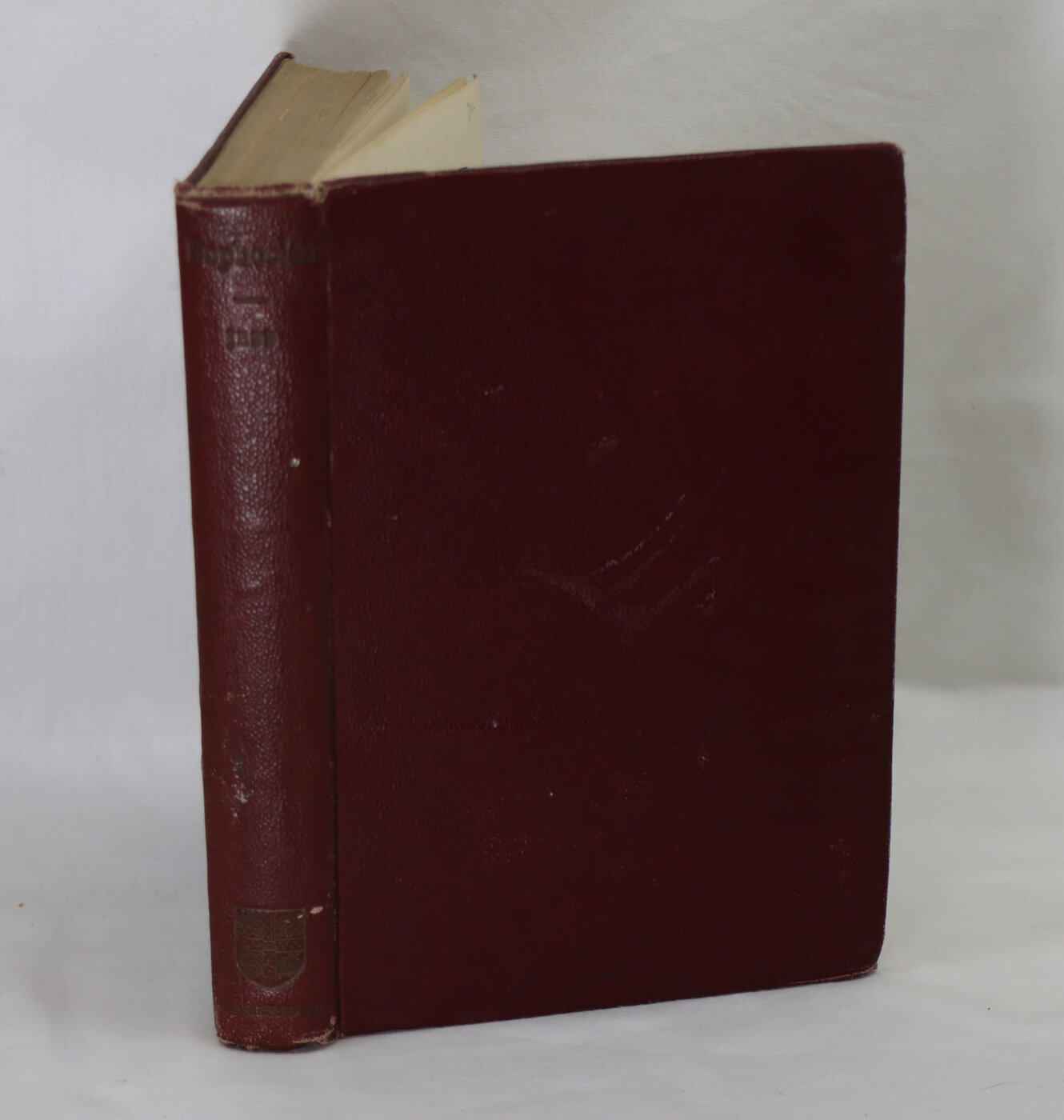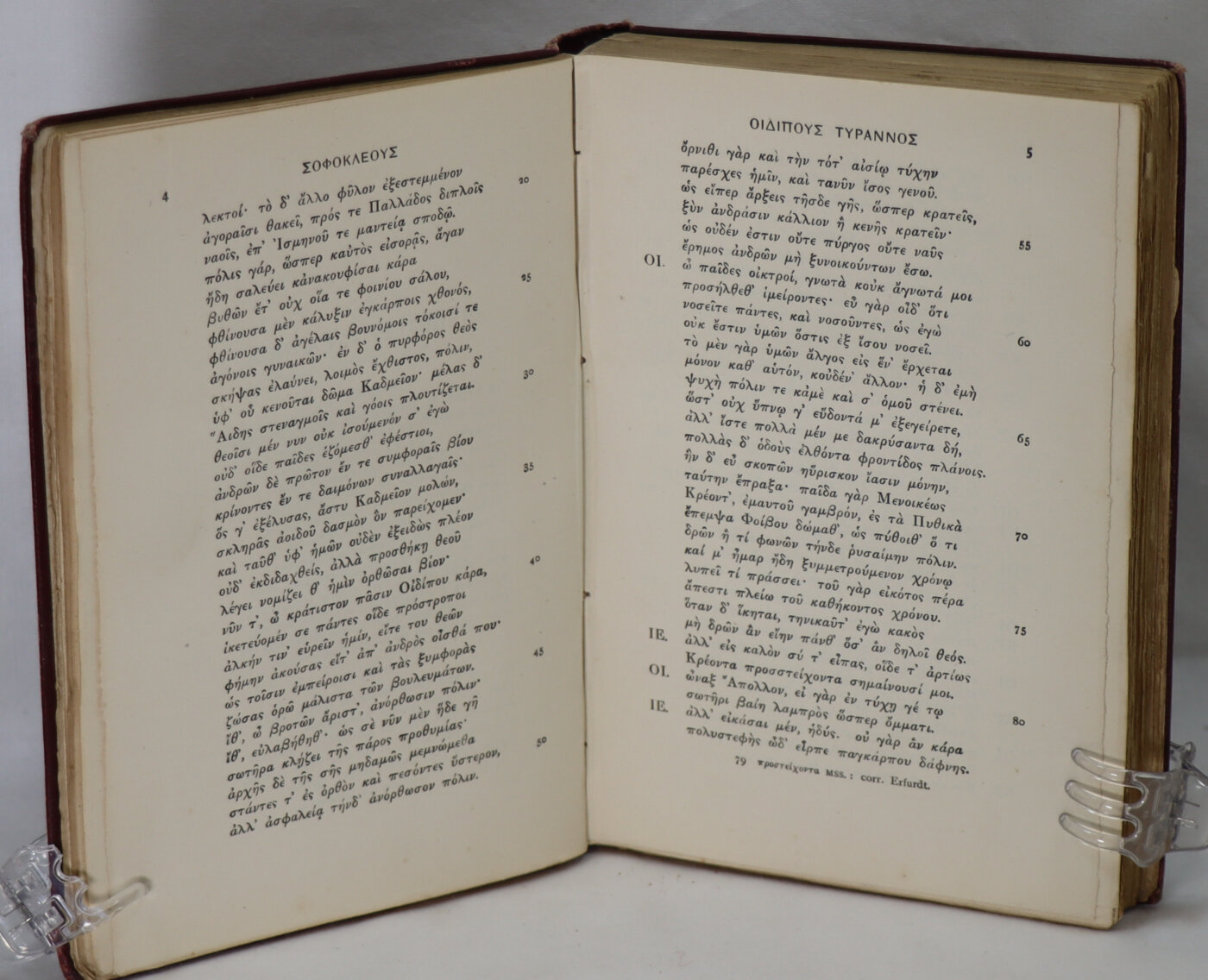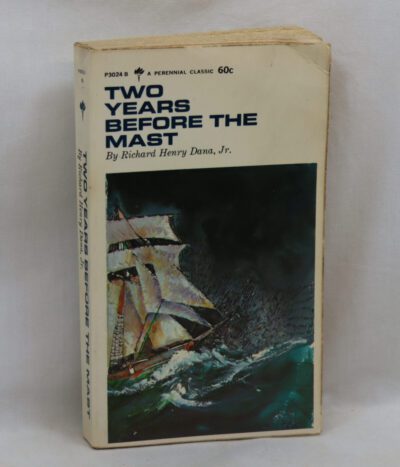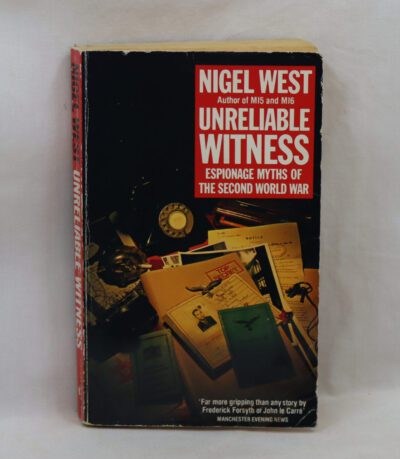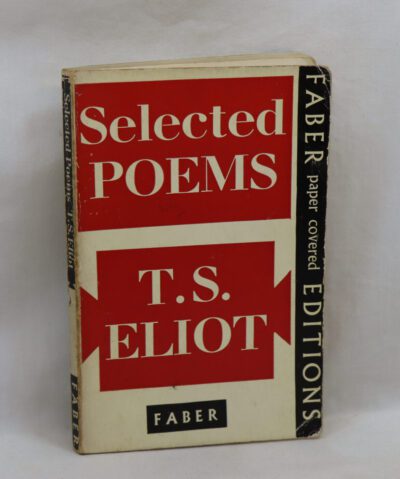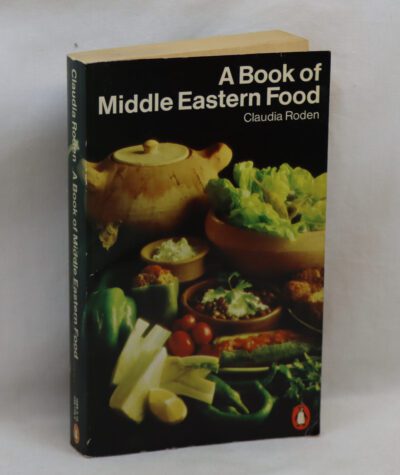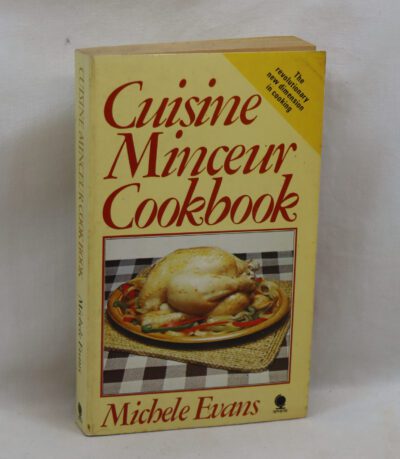Sophocles. The Text of the Seven Plays.
By Sir Richard Jebb
Printed: 1914
Publisher: Cambridge University Press.
| Dimensions | 14 × 19 × 2.5 cm |
|---|---|
| Language |
Language: English
Size (cminches): 14 x 19 x 2.5
Condition: Very good (See explanation of ratings)
Your items
Item information
Description
Maroon cloth binding with gilt title on the spine.
- We provide an in-depth photographic presentation of this item to stimulate your feeling and touch. More traditional book descriptions are immediately available
Note: This book carries a £5.00 discount to those that subscribe to the F.B.A. mailing list
A well kept edition providing one of the best analyses ever of Sophocles. This volume is tidy, still very readable and given its age and use remains a very fulsome book (see photographs for further details).
Sophocles (c. 497/496 – winter 406/405 BC) was an ancient Greek tragedian known as one of three from whom at least one play has survived in full. His first plays were written later than, or contemporary with, those of Aeschylus and earlier than, or contemporary with, those of Euripides. Sophocles wrote more than 120 plays, but only seven have survived in a complete form: Ajax, Antigone, Women of Trachis, Oedipus Rex, Electra, Philoctetes, and Oedipus at Colonus. For almost fifty years, Sophocles was the most celebrated playwright in the dramatic competitions of the city-state of Athens, which took place during the religious festivals of the Lenaea and the Dionysia. He competed in thirty competitions, won twenty-four, and was never judged lower than second place. Aeschylus won thirteen competitions and was sometimes defeated by Sophocles; Euripides won four.
The most famous tragedies of Sophocles feature Oedipus and Antigone: they are generally known as the Theban plays, though each was part of a different tetralogy (the other members of which are now lost). Sophocles influenced the development of drama, most importantly by adding a third actor (attributed to Sophocles by Aristotle; to Aeschylus by Themistius), thereby reducing the importance of the chorus in the presentation of the plot. He also developed his characters to a greater extent than earlier playwrights.
Sir Richard Claverhouse Jebb OM FBA FRSE (27 August 1841 – 9 December 1905) was a British classical scholar and MP for Cambridge.
Jebb was born in Dundee, Scotland, to Robert, a well-known Irish barrister, and Emily Harriet Horsley, daughter of the Reverend Heneage Horsley, Dean of Brechin. His grandfather Richard Jebb had been a judge of the Court of King’s Bench (Ireland). His sister was the social reformer Eglantyne Louisa Jebb, founder of the Home Arts and Industries Association.
Jebb was educated at St Columba’s College, Dublin 1853–55 and at Charterhouse School 1855–1858. He then studied Classics at Trinity College, Cambridge where he became a member of the Cambridge Apostles, an intellectual society, from 1859.
Jebb won the Porson and Craven scholarships, was senior classicist in 1862, and became fellow and tutor of his college in 1863. From 1869 to 1875, he was public orator of Cambridge University.
On 18 August 1874, Jebb married Caroline Lane Reynolds, born in 1840 in Evansburg, Pennsylvania, whose first husband had been US Army Lieutenant Adam J. Slemmer. After his death in 1868, Caroline lived briefly in Cambridge.
From 1875 to 1889 Jebb was Professor of Greek at Glasgow, and the couple initially lived in that city, spending their summers in Cambridge. In 1889 Jebb was appointed Regius Professor of Greek at Cambridge, following the death of the incumbent, Benjamin Hall Kennedy, and the couple moved permanently to Cambridge.
In 1891 Jebb was elected Member of Parliament for Cambridge University, he was knighted in 1900, and he was elected a Fellow of the British Academy in 1902. He received many honorary degrees from European and American universities, and in May 1902 at Caernarfon received the honorary degree of D.Litt from the University of Wales during the ceremony to install the Prince of Wales (later King George V) as Chancellor of that university. In 1904, he was elected a member to the American Philosophical Society. In 1905, he was made a member of the Order of Merit.
Jebb died at his home, Springfield House in Cambridge, on 9 December 1905 and was buried at the St Giles Cemetery (now known as the Parish of the Ascension Burial Ground) in the town. Caroline Jebb died and was cremated in America, her ashes being returned to Cambridge for interment in her husband’s grave.
Works: Jebb was acknowledged to be one of the most brilliant classical scholars of his time, a humanist and an unsurpassed translator from and into the classical languages. A collected volume, Translations into Greek and Latin, appeared in 1873 (ed. 1909).
Jebb’s publications include:
- The Characters of Theophrastus (1870), text, introduction, English translation and commentary (re-edited by JE Sandys, 1909)
- The Attic Orators from Antiphon to Isaeus (2nd ed., 1893), with companion volume, Selections from the Attic Orators (2nd ed, 1888)
- Bentley (1882)
- Sophocles (3rd ed., 1893) the seven plays, text, English translation and notes, the promised edition of the fragments being prevented by his death
- Bacchylides (1905), text, translation, and notes
- Homer (3rd ed., 1888), an introduction to the Iliad and Odyssey
- Modern Greece (1901)
- The Growth and Influence of Classical Greek Poetry (1893).
His translation of the Rhetoric of Aristotle was published posthumously under the editorship of J. E. Sandys (1909). A selection from his Essays and Addresses, and a subsequent volume, Life and Letters of Sir Richard Claverhouse Jebb (with critical introduction by A. W. Verrall) were published by his widow in 1907; see also an appreciative notice by J. E. Sandys, History of Classical Scholarship, iii. (1908).
The Archives and Special Collections at Amherst College holds a collection of Jebb’s papers.
Want to know more about this item?

Related products
Share this Page with a friend

